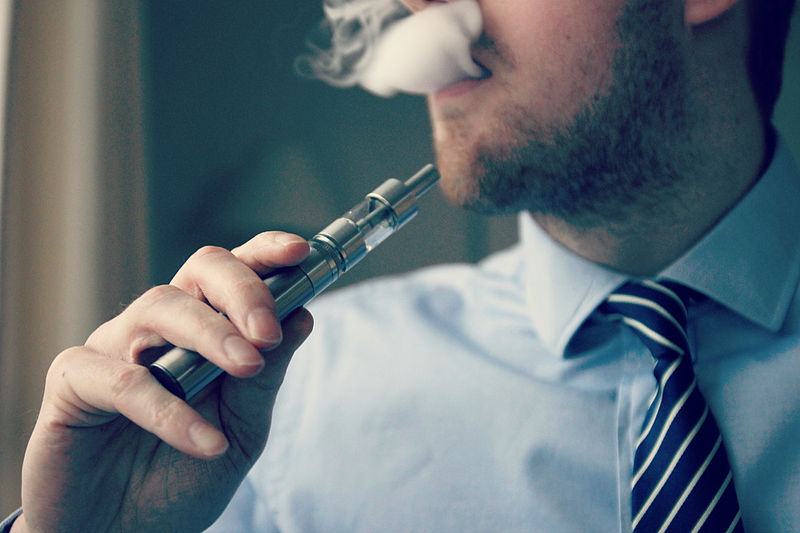
According to research conducted by the recycling campaign group Material Focus, the UK sees a staggering fourfold increase in disposable vape waste, with five million of
these devices thrown away each week. This surge in waste has occurred over the past year, demonstrating the rapid rise in popularity of these products. Shockingly, only 17% of vapers properly recycle their used devices in dedicated bins.
Disposable vapes, designed as cheap plastic devices that provide a few hundred puffs of nicotine vapor before disposal, are frequently discarded in regular bins or on roadsides. However, these devices contain valuable materials such as copper wires and lithium batteries. Material Focus estimates that the lithium contained in all the disposable vapes discarded in a year could provide batteries for 5,000 electric cars.
Proper disposal involves using dedicated bins found in shops or recycling centers, containing a mineral called vermiculite to mitigate fire risks. From there, these devices can be transported to specialized recycling facilities for manual dismantling. While shops selling vapes are legally required to accept them for recycling, many do not offer this service due to associated costs.
Recycling all these vapes would potentially cost £200 million annually, a financial burden that producers, importers, and retailers are not currently addressing adequately. Scott Butler, executive director of Material Focus, emphasizes the need for improved recycling facilities, stating that the current setup falls short of what is required. Recycling should be made as accessible as purchasing these devices.
Improperly discarded vapes that end up mixed with household waste can lead to fires in waste collection vehicles and treatment facilities. Waste management company Veolia, responsible for handling approximately 10% of the UK's waste, reports that lithium batteries, including those from vapes, cause roughly one fire daily in its facilities.
Research also indicates that young vapers, who are prohibited from purchasing vapes under the age of 18, are more likely than adults to improperly dispose of their devices or even flush them down toilets to conceal their vaping habits from their parents.
Elfbar, the UK's most popular disposable vape brand, claims to be fully committed to increasing recycling rates and is actively working to establish thousands of recycling points in retail outlets while enhancing the recyclability of its products.
John Dunne, director general of the UK Vaping Industry Association, acknowledges the industry's rapid growth and the subsequent challenges it presents. Nevertheless, many independent vape shops now offer recycling facilities.
The UK government expresses concerns about the environmental impact of disposable vapes and plans to release a response to the recent call for evidence on vaping, which concluded in June. In addition, the Scottish Government is considering a ban on disposable vapes, while councils in England and Wales have called for a ban due to disposal-related issues.
Material Focus's research is based on a YouGov survey of 5,156 respondents, including 167 individuals aged 16 or 17. Photo by TBEC Review, Wikimedia commons.



































